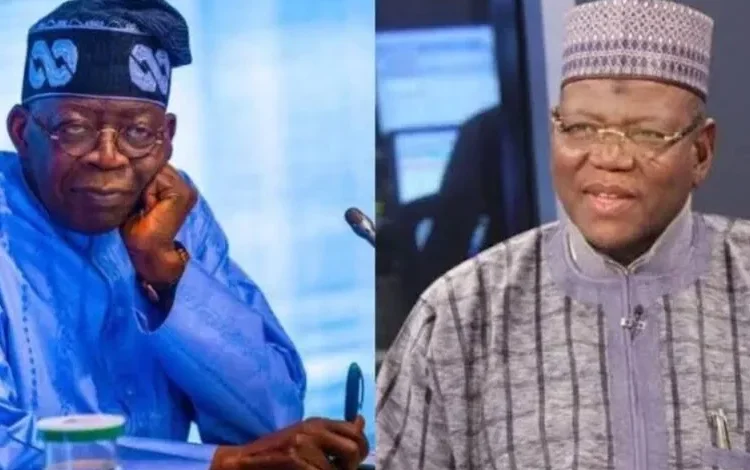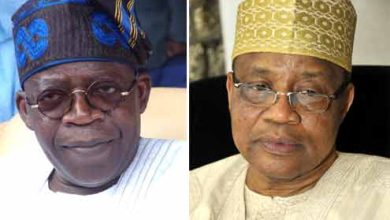June 12: Tinubu’s Political Rise Began After Abacha Seized Power — Lamido

The allegations were made by Sule Lamido, a former governor of Jigawa state, who stated that President Bola Tinubu was one of the individuals who advocated for the annulment of the presidential election that took place on June 12, 1993.
In an appearance that took place on Saturday on Arise TV, Lamido made the allegation that Tinubu’s mother, Hajia Mogaji, was responsible for organizing market women from Lagos to travel to Abuja in order to demonstrate their support for Ibrahim Badamosi Babangida, who was serving as the head of state at the time.
He criticized the President for what he referred to as exaggerating his role in Nigeria’s democracy, and he insisted that Tinubu’s significance did not emerge until after the late General Sani Abacha took control of the country.
A further assertion made by Lamido was that the National Democratic Coalition (NADECO) was established with the intention of fighting for Abacha rather than for June 12.
Read Also: ‘Have You Forgotten El-Rufai’s Actions in Office?’ – APC Chieftain Cautions Nigerians
As far as he is concerned, “I find Tinubu’s rhetoric to be extremely entertaining, particularly the manner in which he is dramatizing his role in Nigeria’s democracy.”
Before Abacha assumed control of the government, Tinubu served in the Senate while he was the secretary of the party. However, it was only after Abacha’s accession to power that Tinubu became prominent and noticeable.
“He was one among the individuals who advocated for the IBB to declare the election by June 12 null and void.
Hajia Mogaji, his own mother, was in the process of organizing ladies from the Lagos market to travel to Abuja in order to express their support for Babangida.
There was a close working relationship between Tinubu and Babangida. NADECO was postulation formation to combat Abacha not for June 12.”
The June 12 election was won by Bashorun MKO Abiola. But it was eventually invalidated by Babangida.





